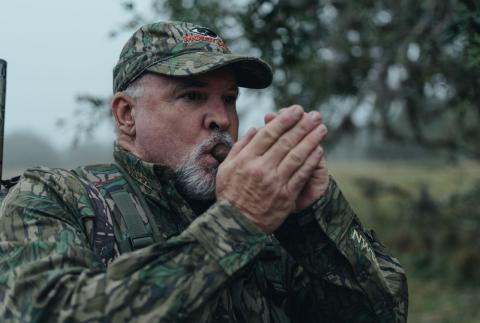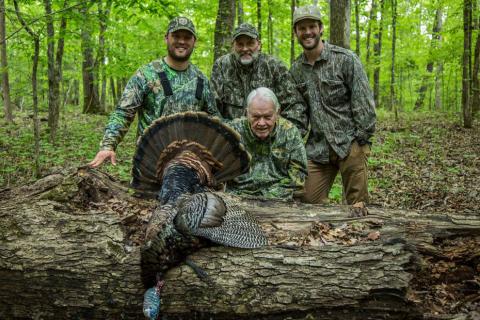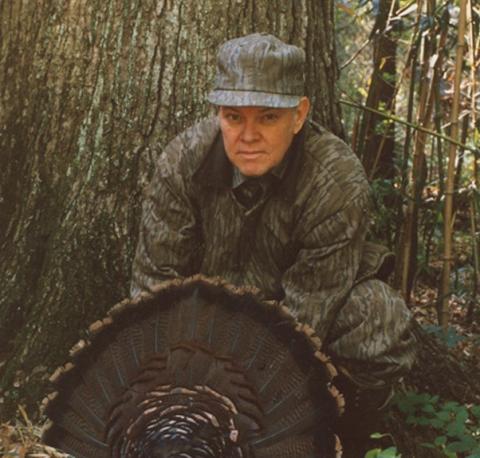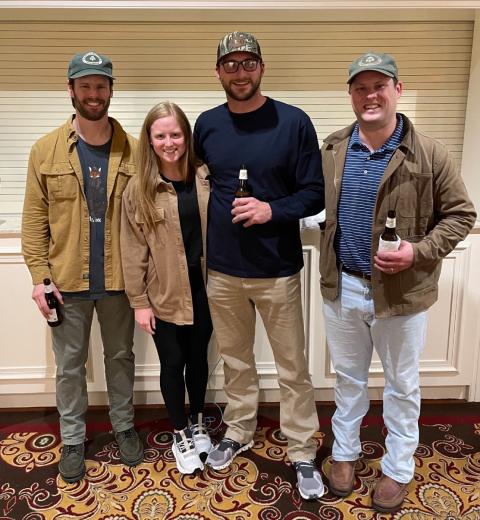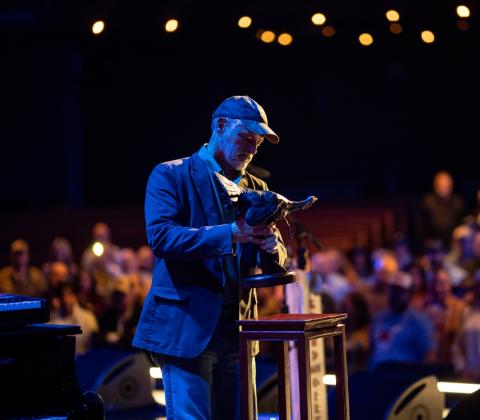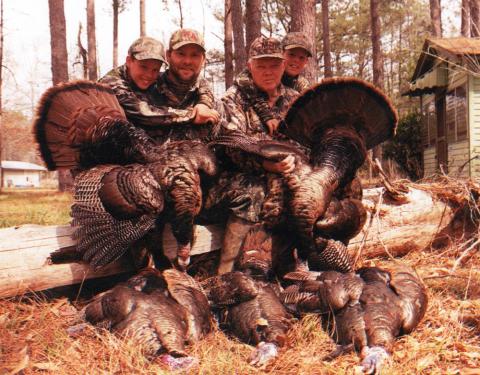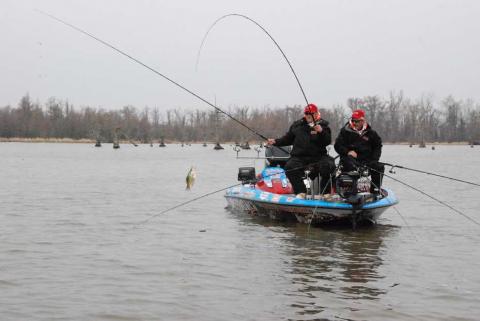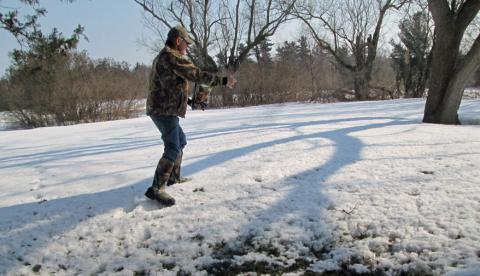Only in recent years have people recognized that the power of the mind can determine for professional bass fishermen and weekend anglers the ability to find and catch bass. One of the most difficult mental problems for fishermen to overcome is to how to recover from a bad day of fishing.
Ott DeFoe | Mossy Oak Fishing Team
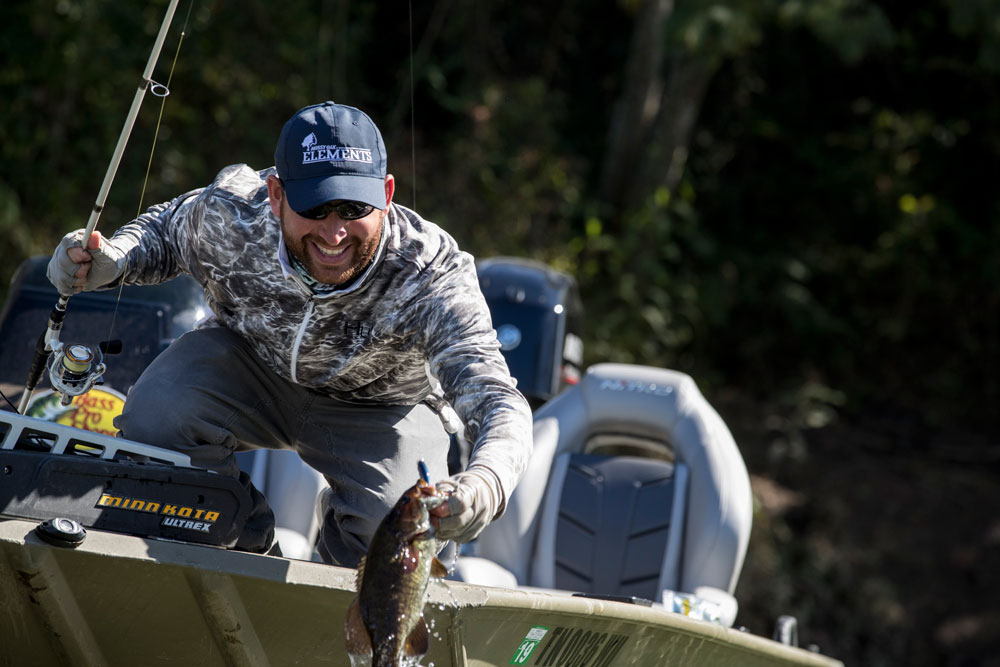
When I have a bad day at my job as a tournament bass fisherman, and I know I must go out and compete the next day to have a chance to do well and win in a tournament, I realize I must get my mind right. Various anglers have different methods for solving this problem, but I approach fishing one day at a time.
In 2015, during the first three or four tournaments of the year, I’d have a terrible first day of bass fishing. However, on the second days of each tournament, I’d go out, compete and salvage the tournaments. I learned that for me to catch bass on the second day of tournaments after striking out or doing poorly on the first day, I had to totally scrap my game plan.
To shake up my fishing slump, I’d go to a different part of the lake than I’d planned to fish, and I’d eliminate all the places I’d fished during the practice days and the first tournament day. I’d fish new water, possibly with different baits, and mentally assume that this day was the first day of the tournament.
I’d tell myself, “Ott, even if you have a terrible day bass fishing on this second day, you won’t fall back any further in the tournament than you already are. Even if you’re in seventy-sixth place, you only can go up in the standings from there.”
On the Bassmaster Elite Circuit, success is measured by receiving a paycheck. Only the top 50 anglers at the end of a tournament get paid. On a first day of a bass tournament, if I catch 12 pounds of bass, and I’m in sixtieth place, I realize I must have a big catch of bass on the second day. That’s the way I program my brain to try to compete harder the second day than I have on the first day, and I go to new areas of a lake I’ve not fished previously. This system doesn’t always work but has worked more times than it hasn’t.
When I’m driving my boat into that new water, I’m looking for places where I think I’ll catch a bass. Once I spot one of those regions, I’ll stop my boat, tie on a lure and fish there. So, if the weekend fisherman has two days to fish and has had a less-than-satisfactory first day, he may want to travel to a different section of the lake where he may never have fished before and fish there, possibly with different lures. You may change your luck like I have using this technique.
















